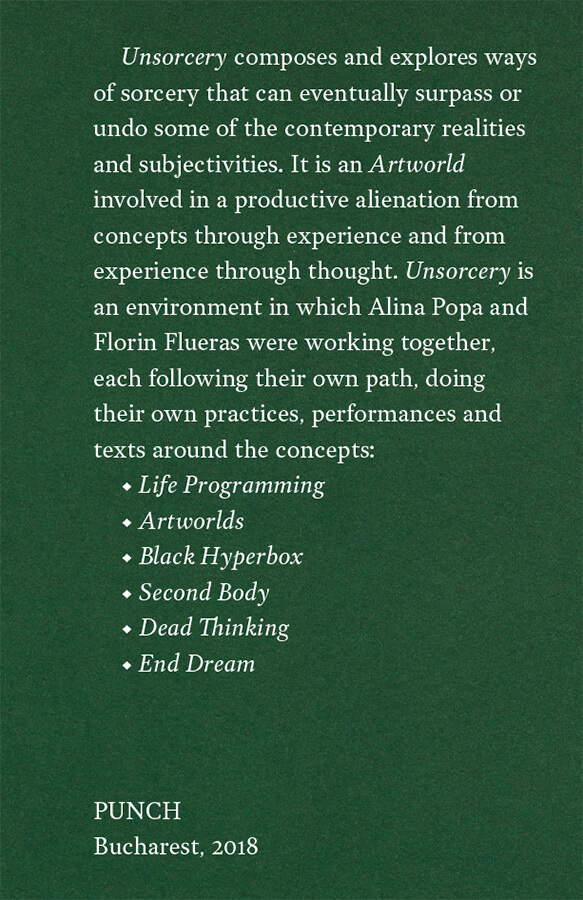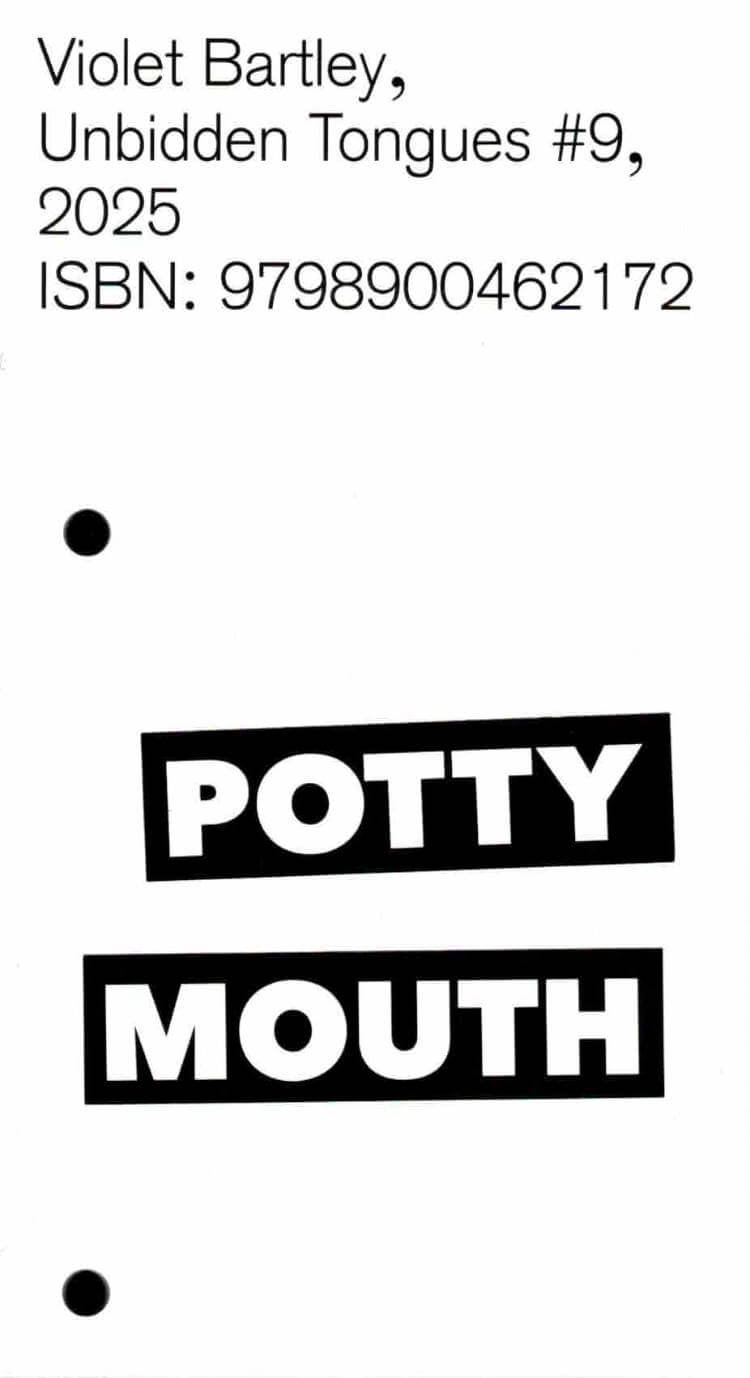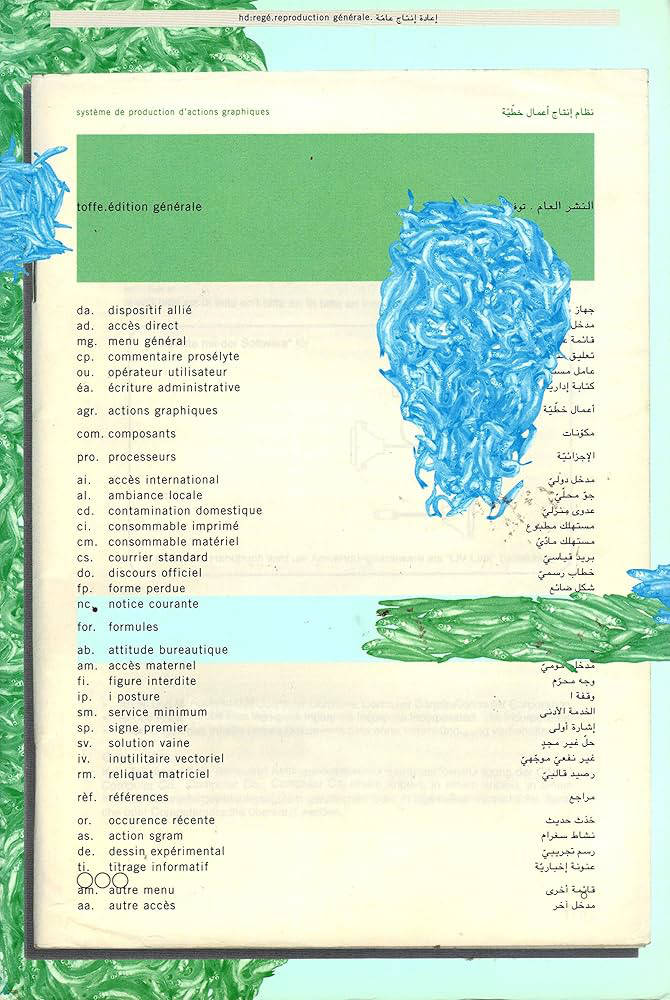This book traces the legacy of Zona, Eastern Europe performance art festival that took place in Timișoara, Romania, between 1993 and 2002, years which were marked by a transition from communism to a new society built on different principles.
Bringing together artists from the former "Eastern Bloc," Zona became a space of encounters, a platform for theoretical discussions and postmodern art experiments, which displayed a remarkable diversity of artistic languages. The fall of the Berlin Wall, as Nicolas Bourriaud noted in his book "The Radicant", was the first decisive step towards globalization and the generalization of postmodern thought.
In the early 1990s, adopting subversive strategies helped artists overcome critical moments in totalitarian societies, which had been consolidated for decades in Eastern Europe. They combined techniques of expression such as pastiche, quotes, historical images, popular culture, or subcultures with personal mythologies. What resulted was often a critical mixture with an explosive effect. Body art became an appropriate language for critically analyzing stereotypes about the nation, religion, gender, or social prejudices and taboos. Body art facilitated the transfer of ideas and a dialogue with the audience, or it helped launch questions about identity politics. The concerns and intentions of the festival's protagonists were built around political, social, and artistic topics that were debated between the East and the West.
Essays by Ileana Pintilie, László Beke, Vladimir Bulat, Robert Fleck, Alexandra Titu, Berislav Valušek; artists' texts by Alexandru Antik, Matei Bejenaru, Ștefan Bertalan, Geta Brătescu, Oskar Dawicki, Ion Grigorescu, H.arta Group, Karen Kipphoff, Liliana Mericioiu, Dan Perjovschi, Lia Perjovschi, Sorin Vreme.







